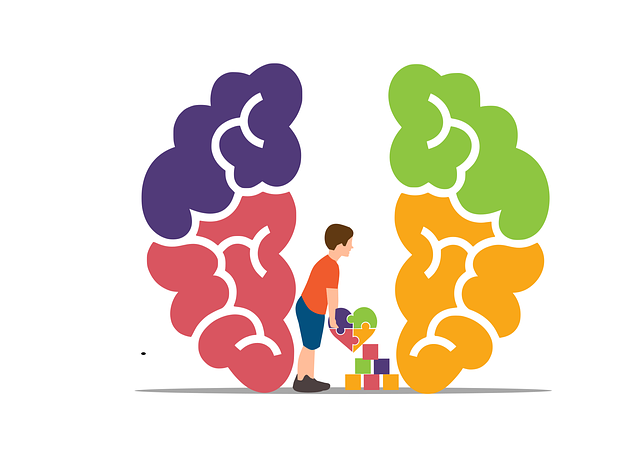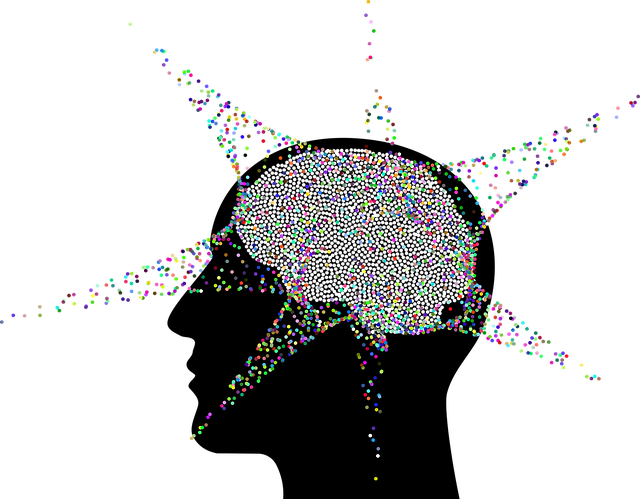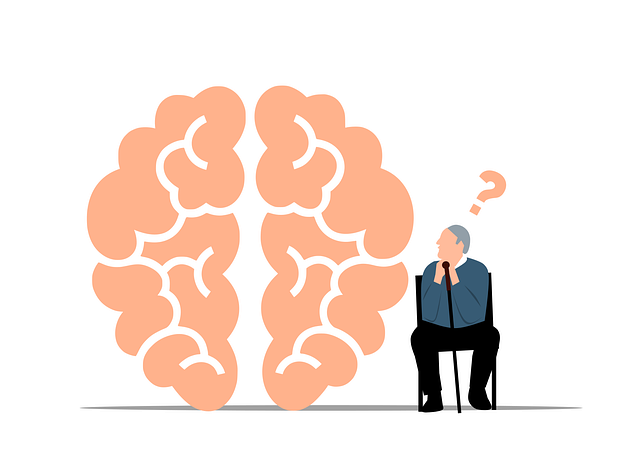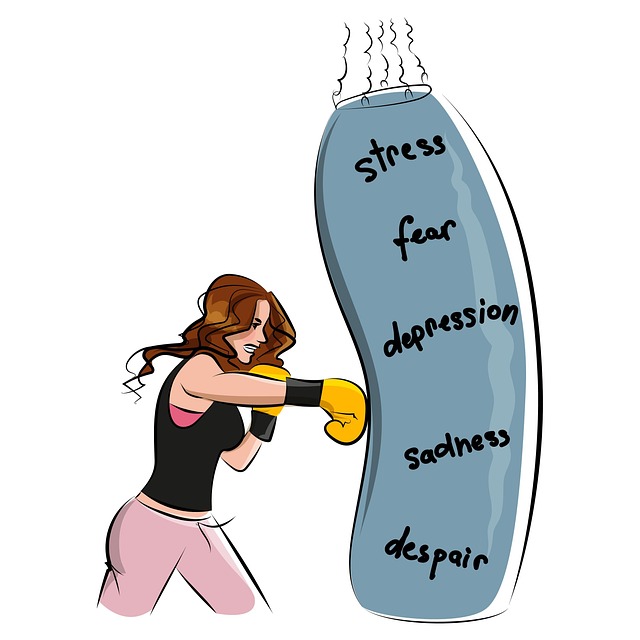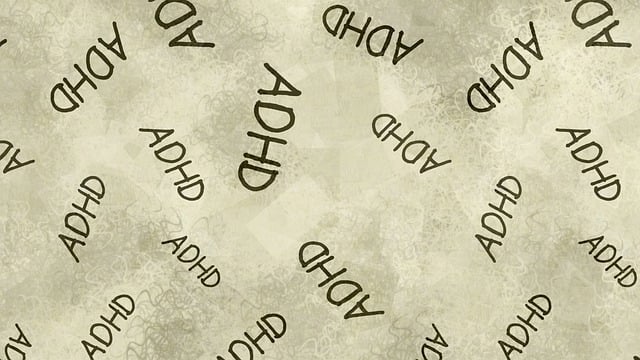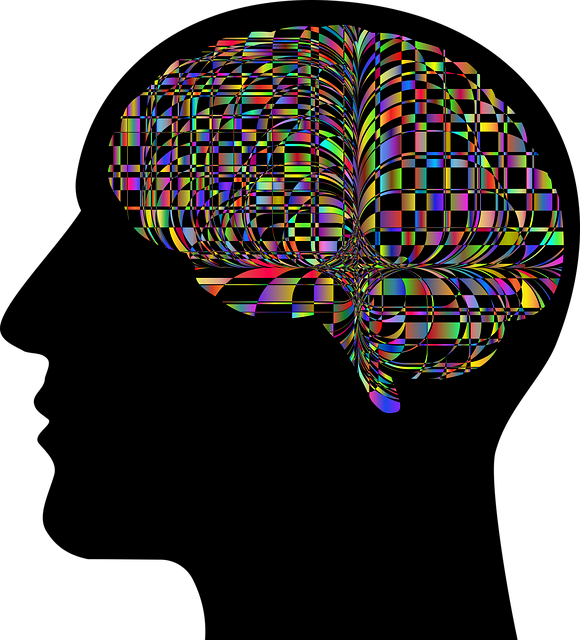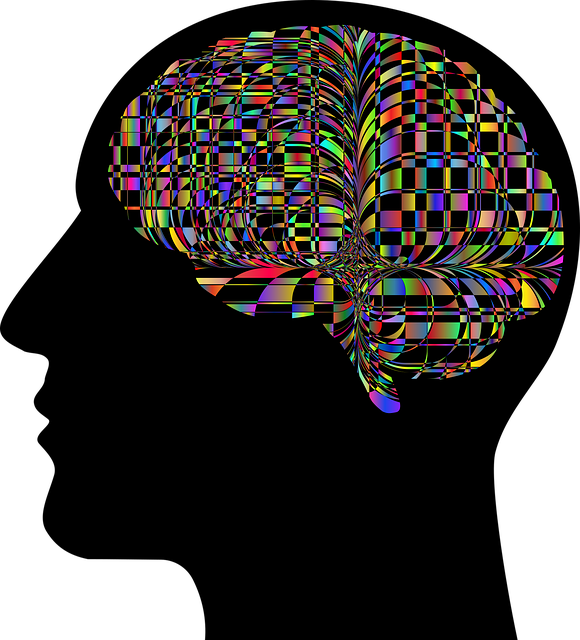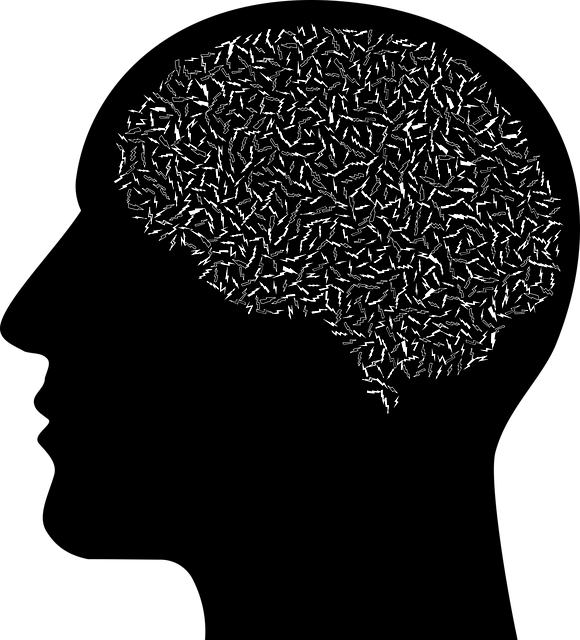The stigma surrounding mental illness prevents many from seeking essential services like Northglenn Alcohol Abuse Therapy, prolonging struggles and exacerbating symptoms. This hinders community conversations about mental health, impeding progress in policy advocacy. Reducing stigma is crucial for fostering inclusive environments that encourage healthy coping mechanisms, effective communication strategies, and access to quality mental health care. Educational programs, open dialogue, and initiatives focusing on resilience all play key roles in dispelling myths. Specialized therapies like Northglenn Alcohol Abuse Therapy, with its holistic approach, help individuals break free from stigma, addiction cycles, and emotional triggers, fostering self-acceptance and healthier mental health management.
Mental illness stigma is a significant barrier to seeking help. This article explores strategies to reduce this pervasive issue, focusing on its impact on mental health and community well-being. We delve into understanding stigma and present effective approaches to combat it in everyday settings. Additionally, we highlight the role of Northglenn Alcohol Abuse Therapy in fostering acceptance and breaking down barriers, offering a beacon of hope for those struggling with mental health challenges.
- Understanding Stigma and Its Impact on Mental Health
- Strategies for Reducing Stigma in Community Settings
- The Role of Alcohol Abuse Therapy in Overcoming Stigma
Understanding Stigma and Its Impact on Mental Health

Stigma surrounding mental illness can have profound effects on individuals’ well-being and willingness to seek help. It often manifests as negative attitudes, beliefs, and stereotypes that contribute to discrimination and social exclusion. This internalized shame and fear of judgment can deter people from accessing essential services like Northglenn Alcohol Abuse Therapy, leading to prolonged struggles and potential exacerbation of symptoms.
The impact of stigma is not limited to the individual; it also affects communities at large. It hinders open conversations about mental health, impeding progress in Mental Health Policy Analysis and Advocacy. Efforts to reduce stigma are crucial for fostering inclusive environments that encourage individuals to develop healthy coping mechanisms, engage in Social Skills Training, and learn effective Communication Strategies. Ultimately, understanding and challenging the complexities of stigma is vital for promoting recovery and improving access to quality mental health care.
Strategies for Reducing Stigma in Community Settings

Reducing stigma associated with mental illness is a collective effort that requires engagement at the community level. Educational initiatives play a pivotal role in this process. By organizing workshops, seminars, and awareness campaigns, communities can dispel myths and misconceptions surrounding mental health issues. These events can be particularly effective when led by trained professionals who provide factual information about various conditions, treatment options, and available support systems, such as those offered at Northglenn Alcohol Abuse Therapy.
Encouraging open conversations and fostering a culture of acceptance are additional strategies. This can be achieved through community gatherings, social media campaigns, or peer support groups where individuals share their stories and experiences. Promoting positive thinking and self-care practices within these settings can further contribute to reducing stigma. Mental Health Awareness initiatives that emphasize resilience, coping mechanisms, and the importance of seeking help without fear of judgment are essential steps towards creating a more inclusive and supportive community environment.
The Role of Alcohol Abuse Therapy in Overcoming Stigma

Mental illness stigma reduction is greatly aided by specialized therapies like Northglenn Alcohol Abuse Therapy. This type of therapy isn’t just about abstinence; it’s a holistic approach that focuses on understanding and managing underlying emotional triggers, fostering resilience building, and developing inner strength. Through individual counseling sessions, clients learn coping mechanisms to deal with stress and difficult emotions without resorting to alcohol as a crutch.
By addressing the root causes of alcohol abuse and offering tools for emotional regulation, Northglenn Alcohol Abuse Therapy empowers individuals to break free from the cycle of addiction and stigma. The process encourages self-acceptance and promotes healthier ways of managing mental health challenges. This not only reduces the societal stigma surrounding mental illness but also fosters a supportive environment where individuals can heal and thrive.
Mental illness stigma, a significant barrier to seeking help, can be effectively addressed through community engagement and education. By implementing strategies like open conversations, raising awareness, and providing support, we can foster understanding and acceptance. Northglenn Alcohol Abuse Therapy serves as a model for integrating care with stigma reduction, offering specialized treatments that not only address addiction but also dispel myths surrounding mental health challenges. Continued efforts to reduce stigma are crucial for creating a more inclusive society where individuals can access the help they need without fear of judgment.
